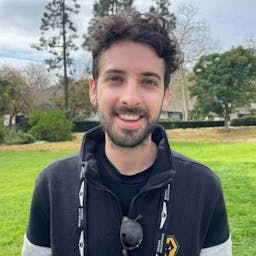Los Angeles Lakers superstar LeBron James sparked controversy during a conference call on Sunday by declining to say whether he will accept a COVID-19 vaccination.
LeBron believes it's a private matter:
“That’s a conversation that my family and I will have. Pretty much keep that to a private thing,” James said. “Obviously I saw Adam had his comments about the vaccination. But things like that, when you decide to do something, that’s a conversation between you and your family and not for everybody. I’ll keep it that way.”
The day before, Adam Silver said while he won't mandate vaccinations for league personnel, the commissioner has expressed hope the league can use its platform to promote vaccine awareness and believes most players will receive the vaccination when allowed.
On Tuesday, ESPN's Stephen A. Smith criticized LeBron James' private stance on the vaccine, though he acknowledged James' comments are rooted in “this nation’s history, its unethical behavior when it came to using Black folks as guinea pigs” in scientific and medical experiments:
“I say this to LeBron James, my brother, all of our brothers, who’s an incredibly, incredibly influential figure,” Smith said. “I would say to him, he has taken positions on many, many, many things of incredible importance to our community. One could easily argue when you see the amount of deaths that have come associated with COVID-19, it’s very little that he has encountered that is more challenging or daunting than this, and if you could speak up about those things, you just might want to think about speaking up about this.”
“Because he is who he is, and he has acknowledged who he is, this is not the time to get private.” Smith added. “Not on this. And that’s why I decided I’m not gonna be private about it as well.”
The ESPN commentator continued the conversation on Twitter and admitted his own initial hesitancy about the vaccine. He clarified that his remarks were not meant to disparage the Lakers star, but rather point out a missed opportunity to make an off-the-court impact from James, who admirably and increasingly uses his influence to affect social change, from racial justice to voting rights to education:
Don't go that far, Rick. @KingJames reservations are valid. I don't blame him, considering America's history with our community. I just think this is different. It's urgent, considering how we're being effected. And he should "consider" taking a public position. Nothing more. https://t.co/Li41P61T9R
— Stephen A Smith (@stephenasmith) March 9, 2021
Vernon, I would totally agree with you this normally. They only reason I disagree — as I explained — is because @KingJames himself has gone public on a lot of issues, declaring himself a leader, which he is. And how concerned he is about our community. This? Big Concern! https://t.co/KHBHYwIo7N
— Stephen A Smith (@stephenasmith) March 9, 2021




